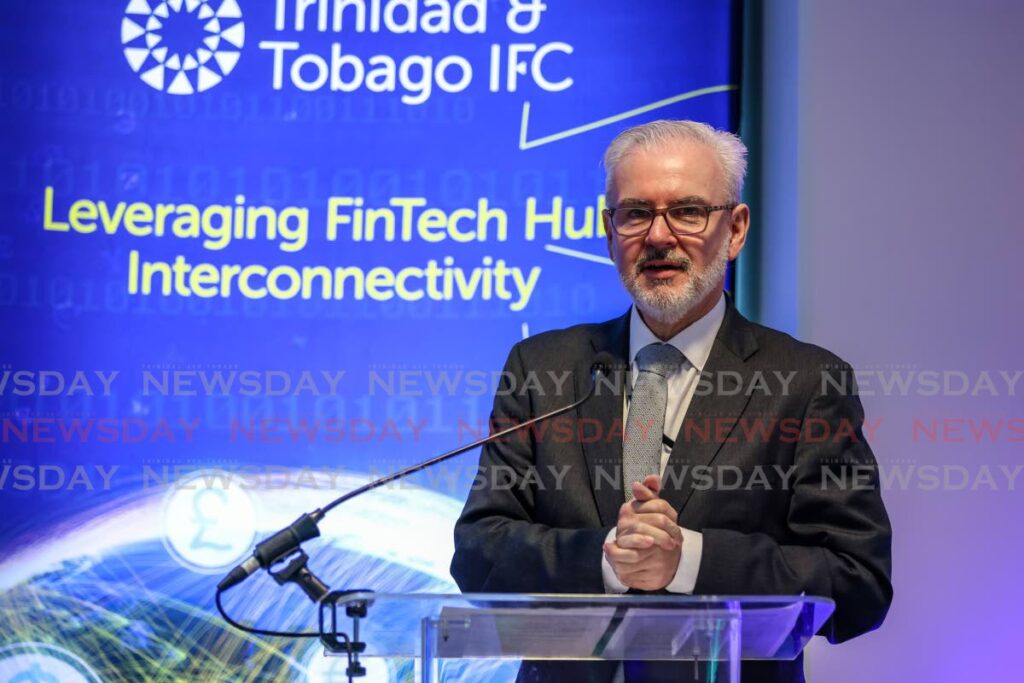19 migrants, nationals take part in Inclusive Cities course

Nineteen refugees, migrants, and TT nationals have been given the opportunity to make their businesses viable with the help of the business planning and development course under the Inclusive Cities, Communities of Solidarity project.
Organised by the Pan American Development Foundation (PADF) and the UN Refugee Agency (UNHCR), and funded by the European Union (EU), the seven-week course provided knowledge, skills, tailored mentorship and, in some cases, funding so they may be independent and self-reliant wherever they may go.
An UNHCR release on Saturday said the course, which started in April for Chaguanas residents, will grant trainees the opportunity to access competitive seed capital funding to support the launch or growth of their small businesses in the health and fitness, cosmetology, food and beverage, handmade jewellery and accessories, appliance repair, and event management sectors.
Peter Cavendish, EU Ambassador to TT said the EU is committed to stand with the people of Venezuela during the refugee crisis which displaced more than seven million people as they fled political and economic instability. He said the aim is to find a peaceful solution to the crisis as well as meet the needs of those who have been displaced and ensure their socio-economic integration.
“I, therefore, thank PADF, UNHCR, Mayor Faaiq Mohammed, and all the other stakeholders involved for working with us to help Venezuelan migrants and refugees and the people of Chaguanas, their host community, to remain self-sufficient and independent.
“Further, I congratulate all on this project’s successful conclusion and for a job well done. Entrepreneurs are the dreamers that do, and by ‘doing’ it, they help themselves and make our society richer.”
UNHCR head of National Office, Miriam Aertker said, “Economic inclusion and self-reliance are key to unlocking sustainable solutions for refugees and asylum-seekers. It supports integration in local communities and helps build strong foundations for lasting solutions – whether they eventually return home, settle in the country, or relocate elsewhere.”
PADF programme manager Hannah Katwaroo said creating opportunities that support the start up and expansion of profitable small business could diversify and transform the local economy. And the trainees were eager to design and operate businesses the responded to their communities’ needs so she expected to see increased business activities and progress in the near future.
The course was delivered by the GBest Trading Company Limited and addressed topics such as the entrepreneurial mindset, value proposition, innovation, financial management, marketing strategies, business communications, and negotiation. The trainees also received tailored mentorship to help them analyse local market conditions and develop feasible, relevant, and sustainable personalised business plans.


Comments
"19 migrants, nationals take part in Inclusive Cities course"